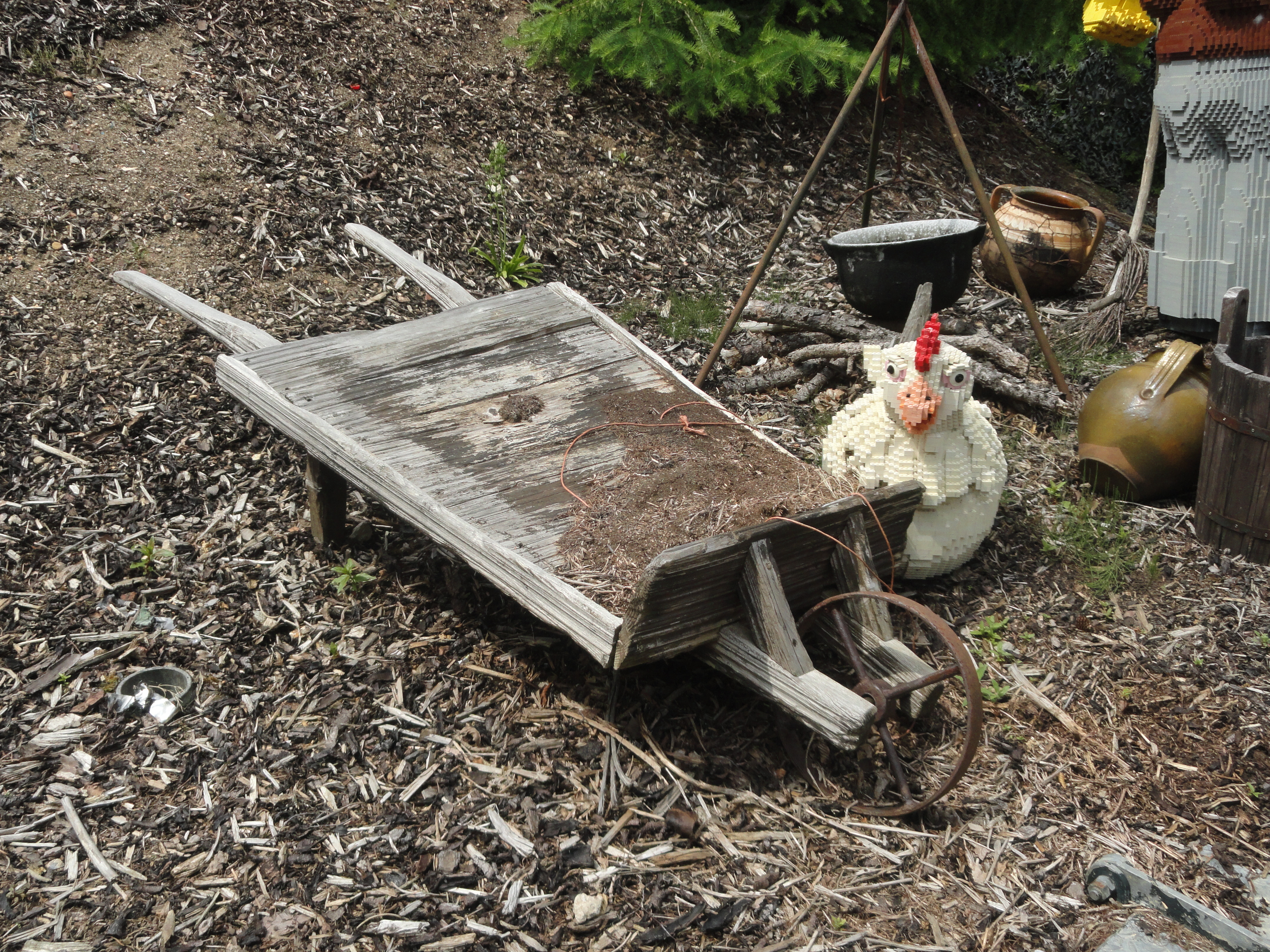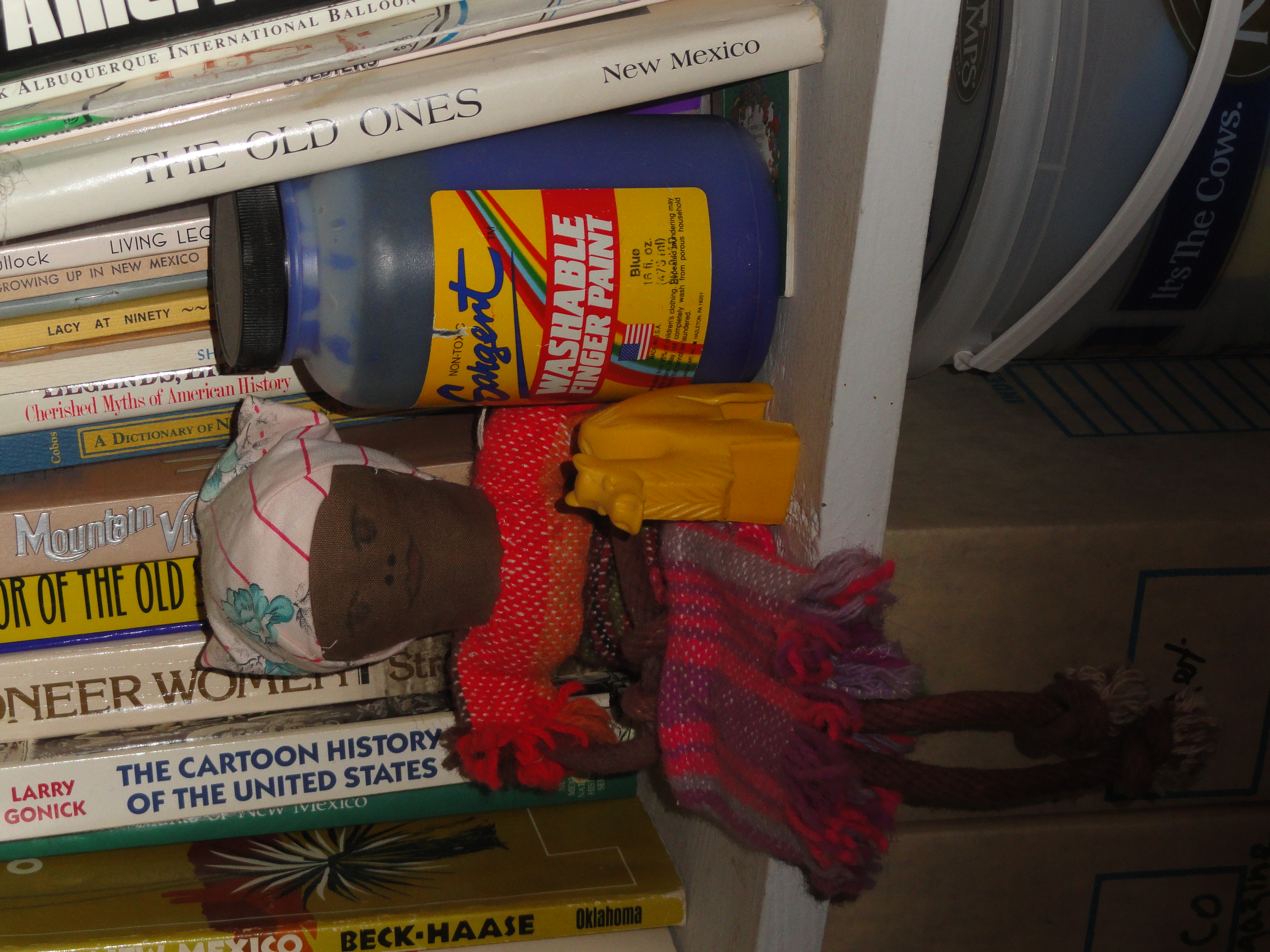
Unschooling happily and successfully requires clear thinking. I don't think it works as well when people just look at those with young adult kids who are happy and successful and try to copy them without doing the hard thinking and building their own clear understanding of unschooling. When they try to emulate, they are still following rules - unschooling rules. Unschoolers always say yes to everything. Unschoolers never make their kids do anything. Kids always decide everything for themselves. And so on. But those "rules" are not unschooling. Unschooling well requires understanding the underlying philosophy of how children learn, and the principles that guide us in our everyday lives arise from that philosophy. It isn't some new kind of parenting technique that can be observed and applied without understanding.
—Pam Sorooshian
photo by Belinda Dutch
__

















